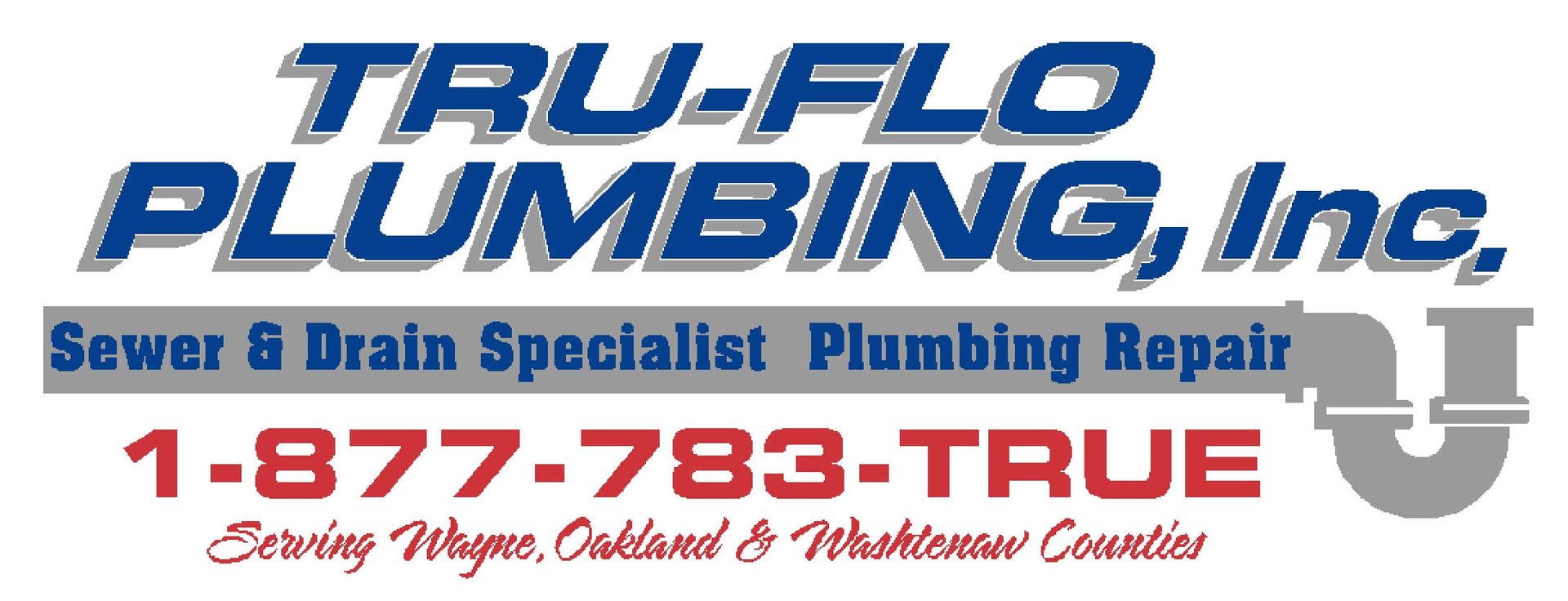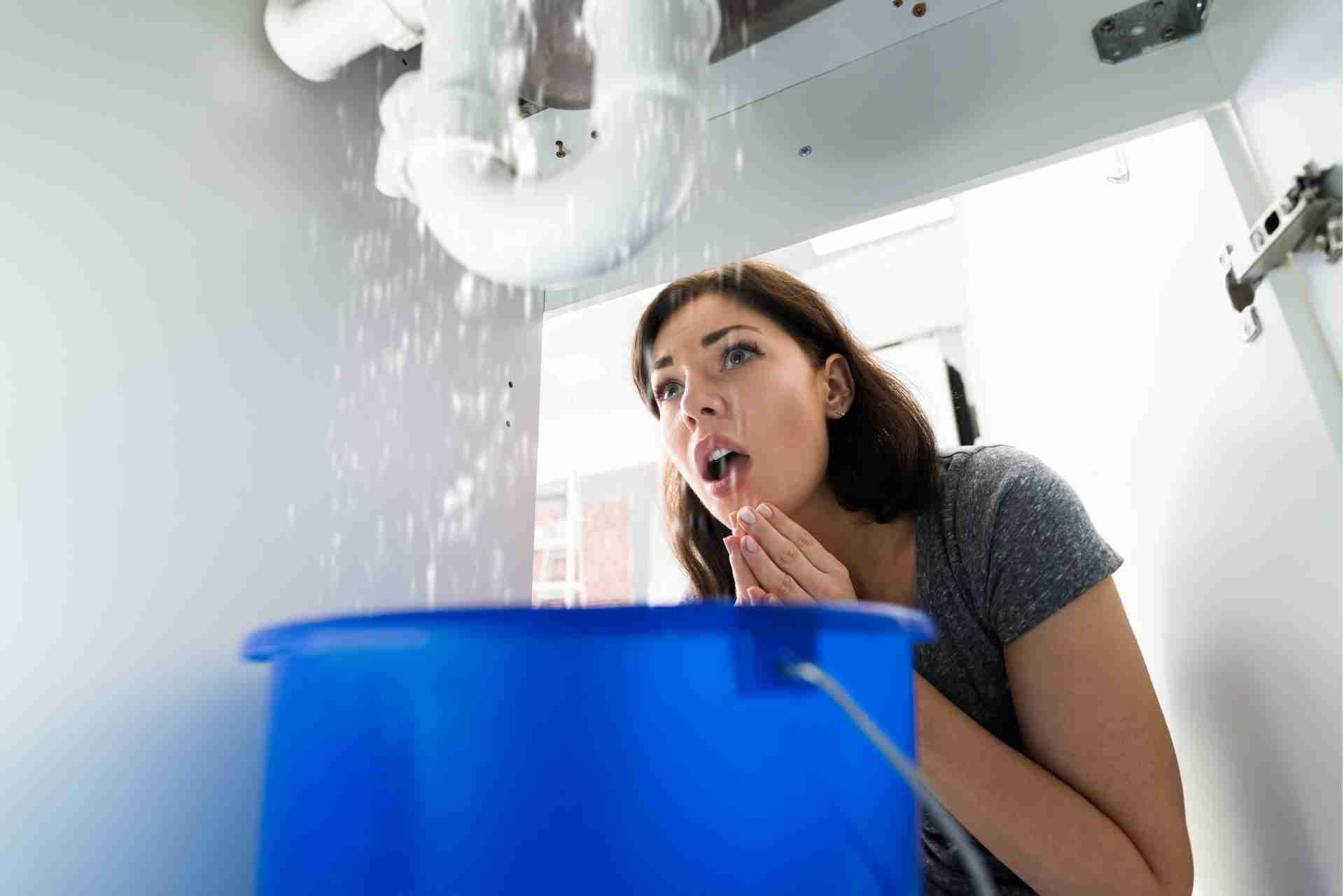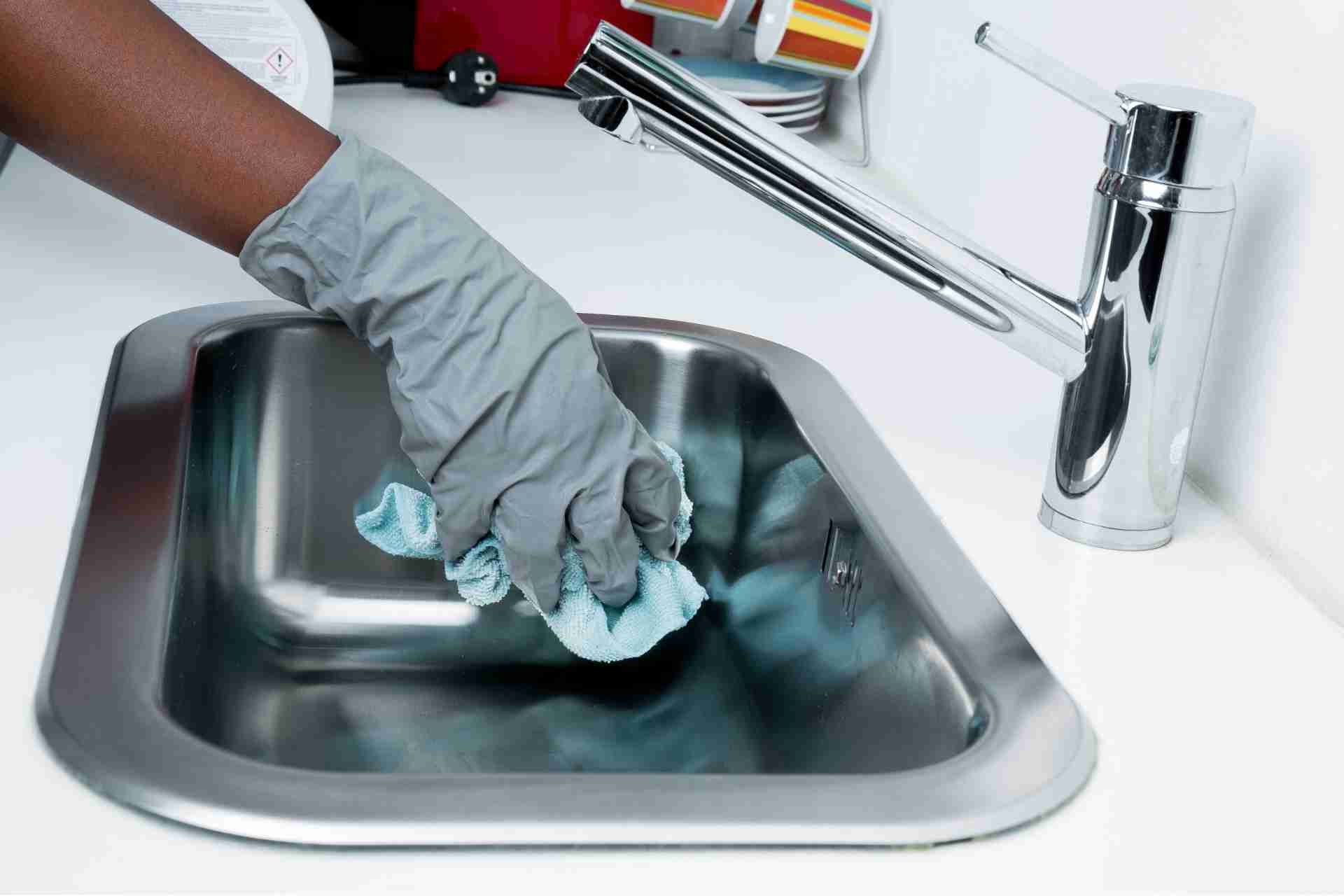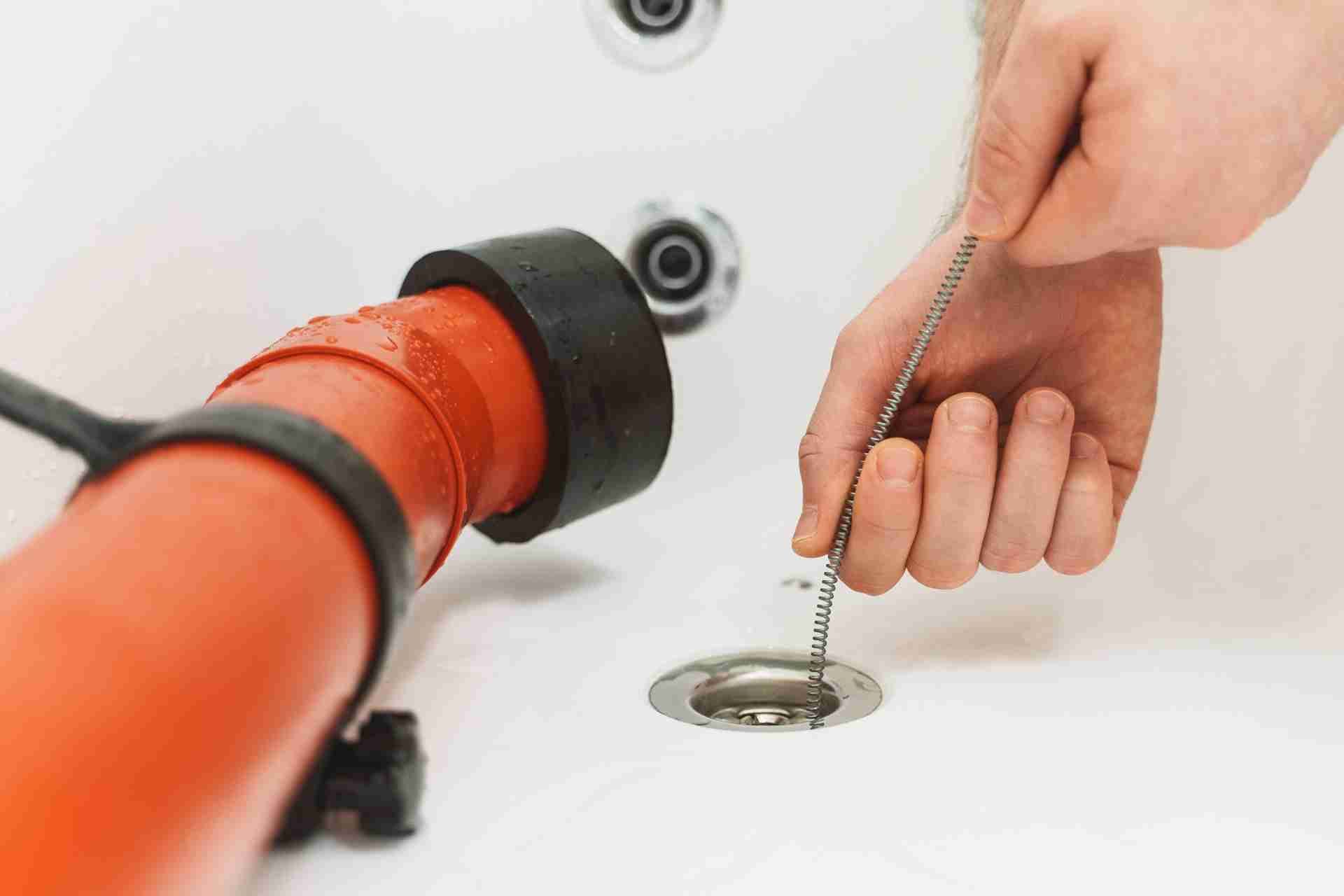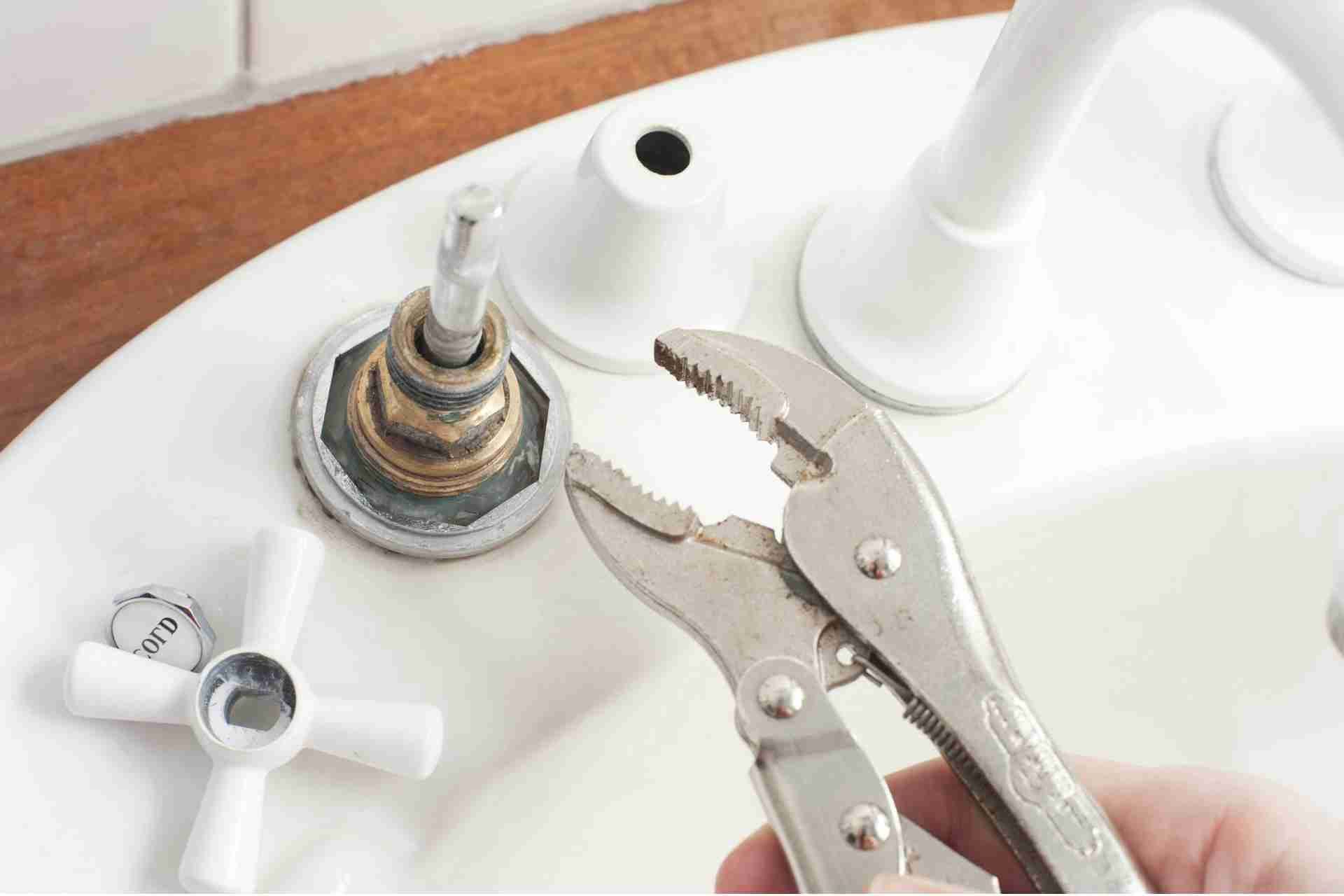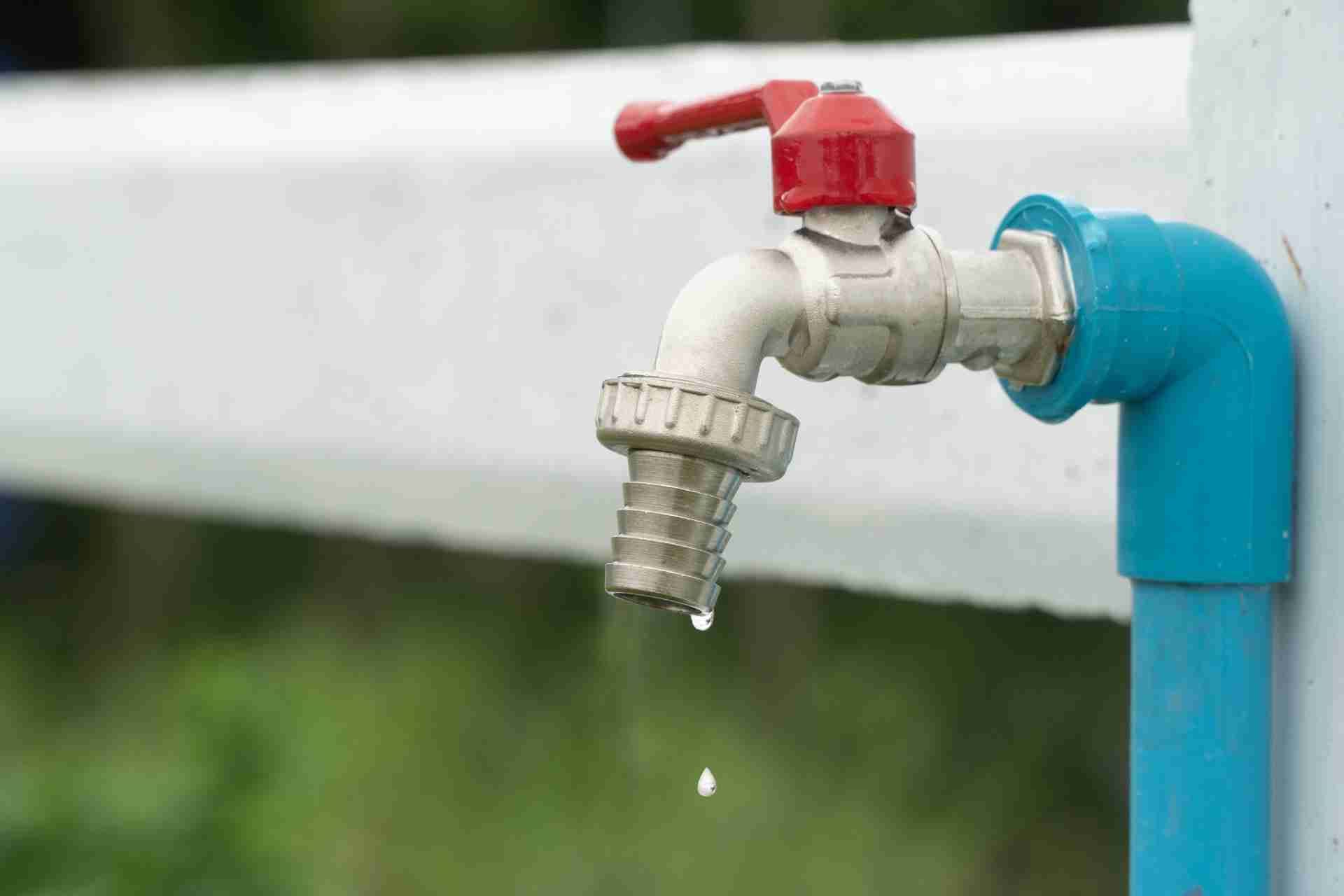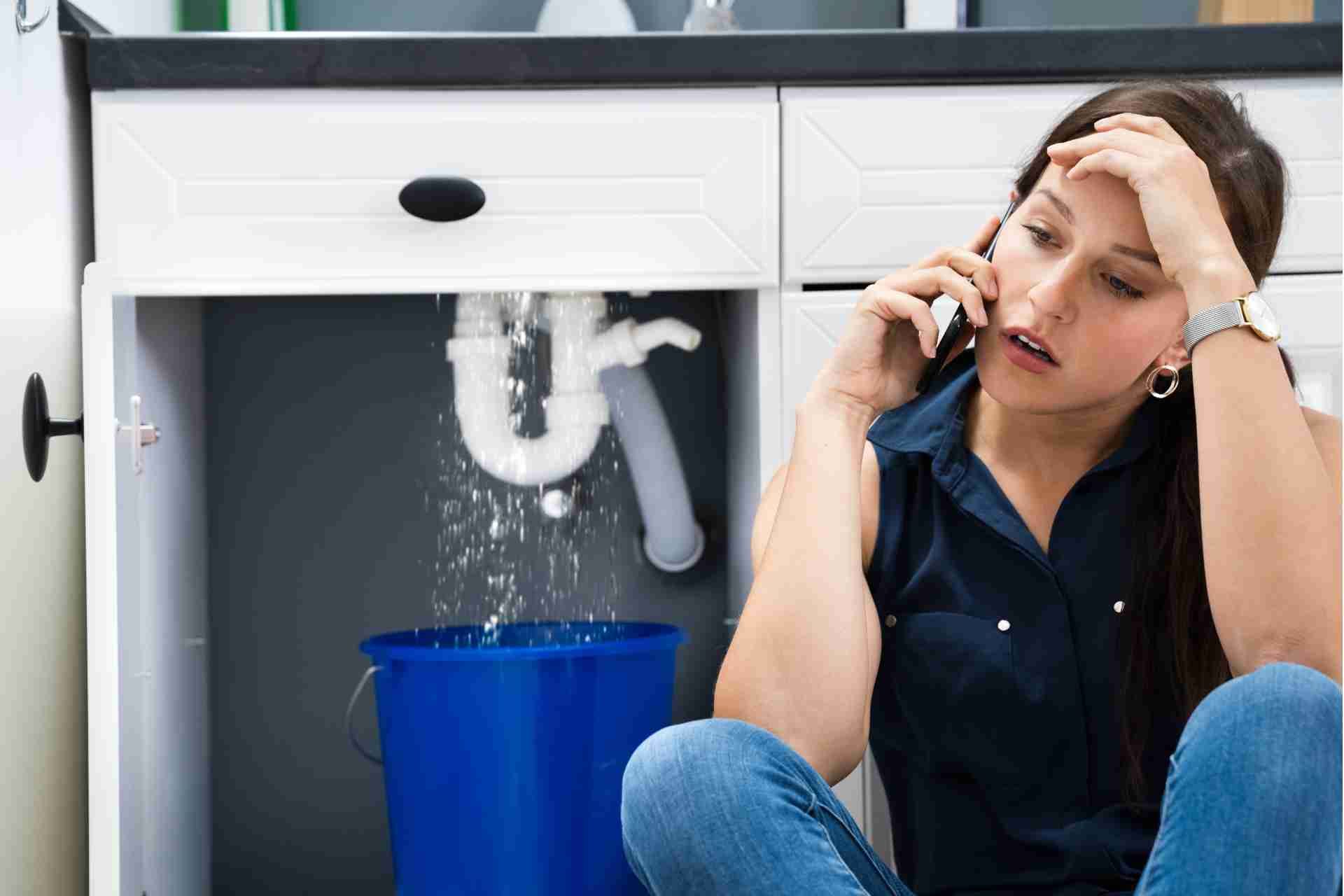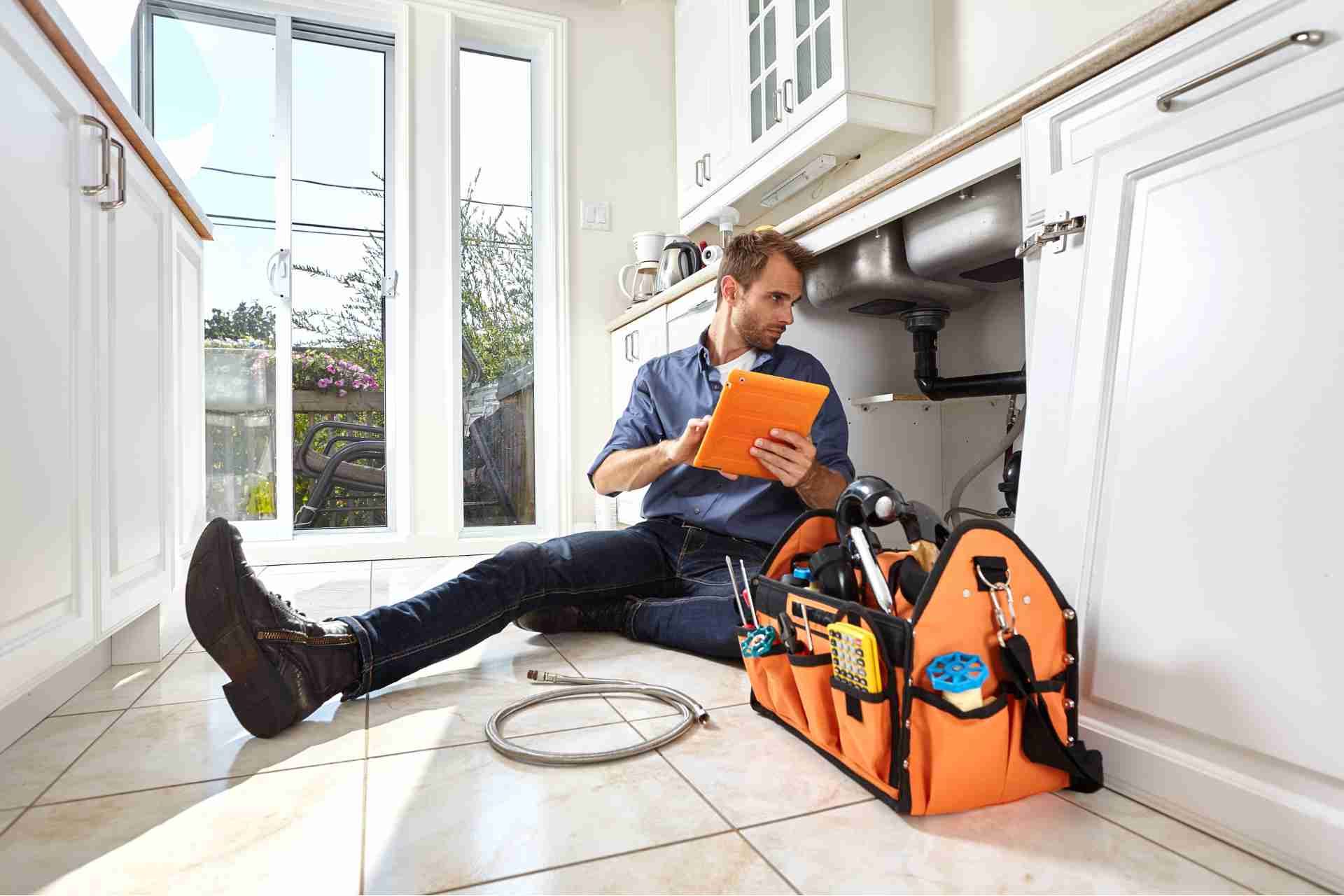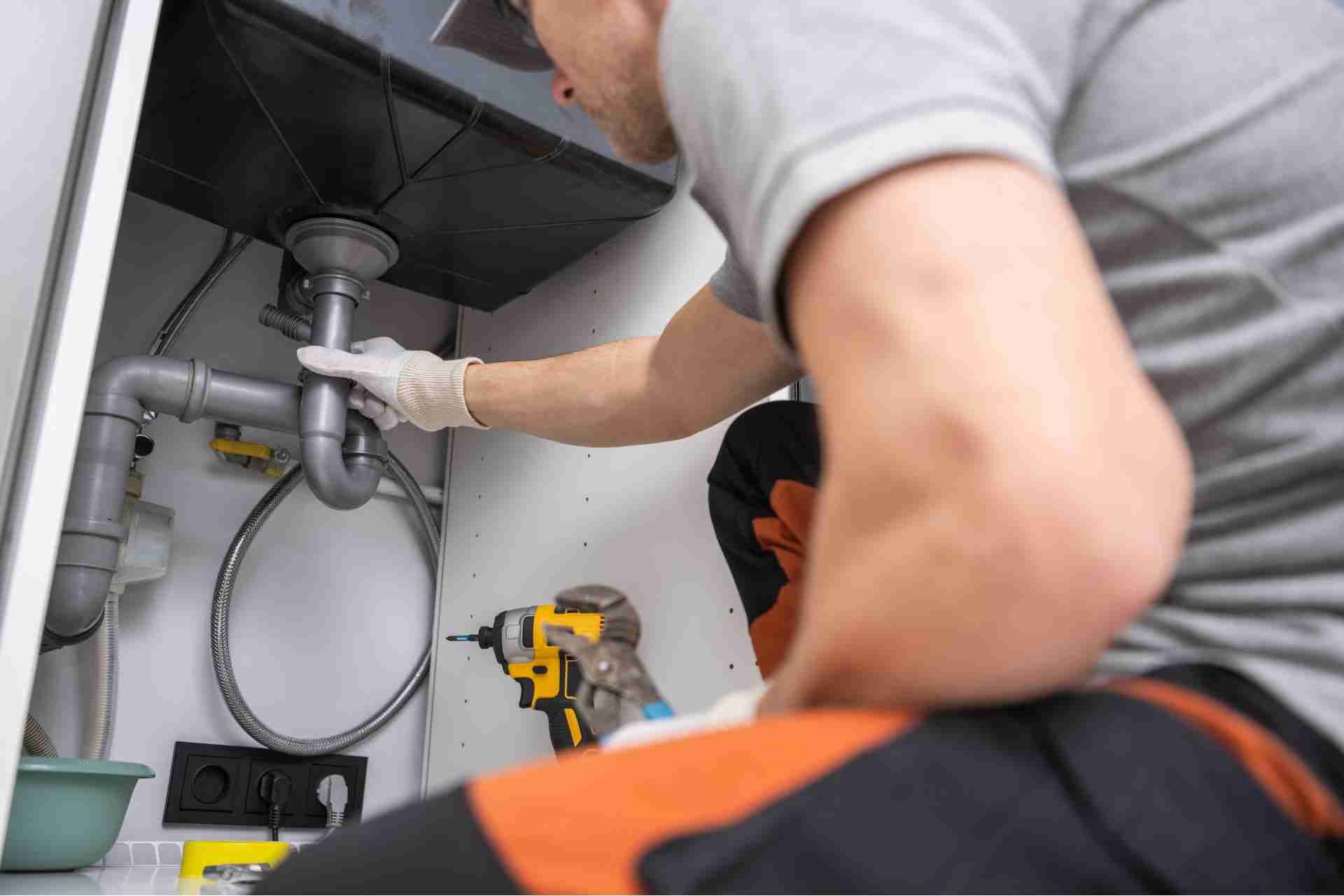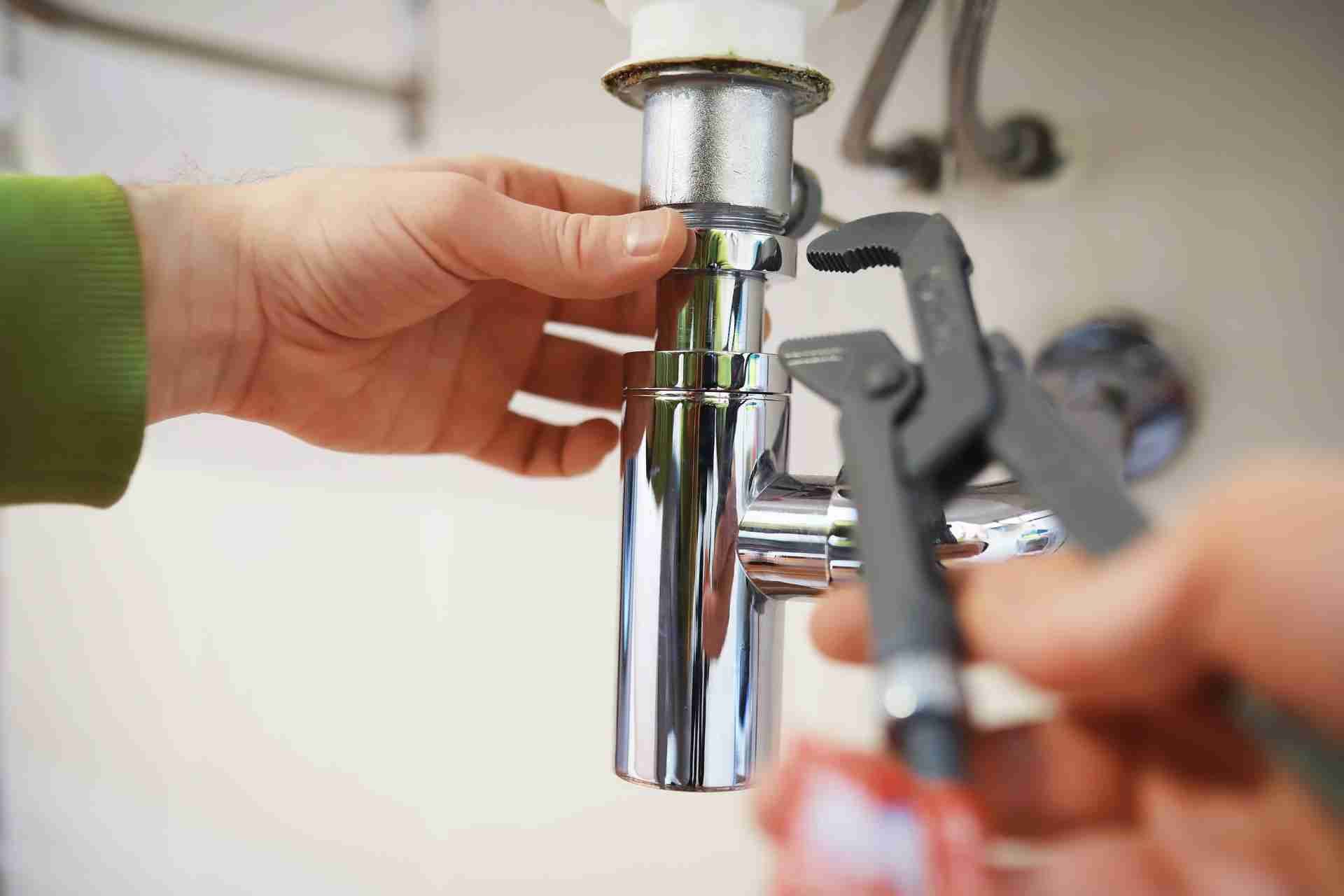Do You Need a Water Filtration System?
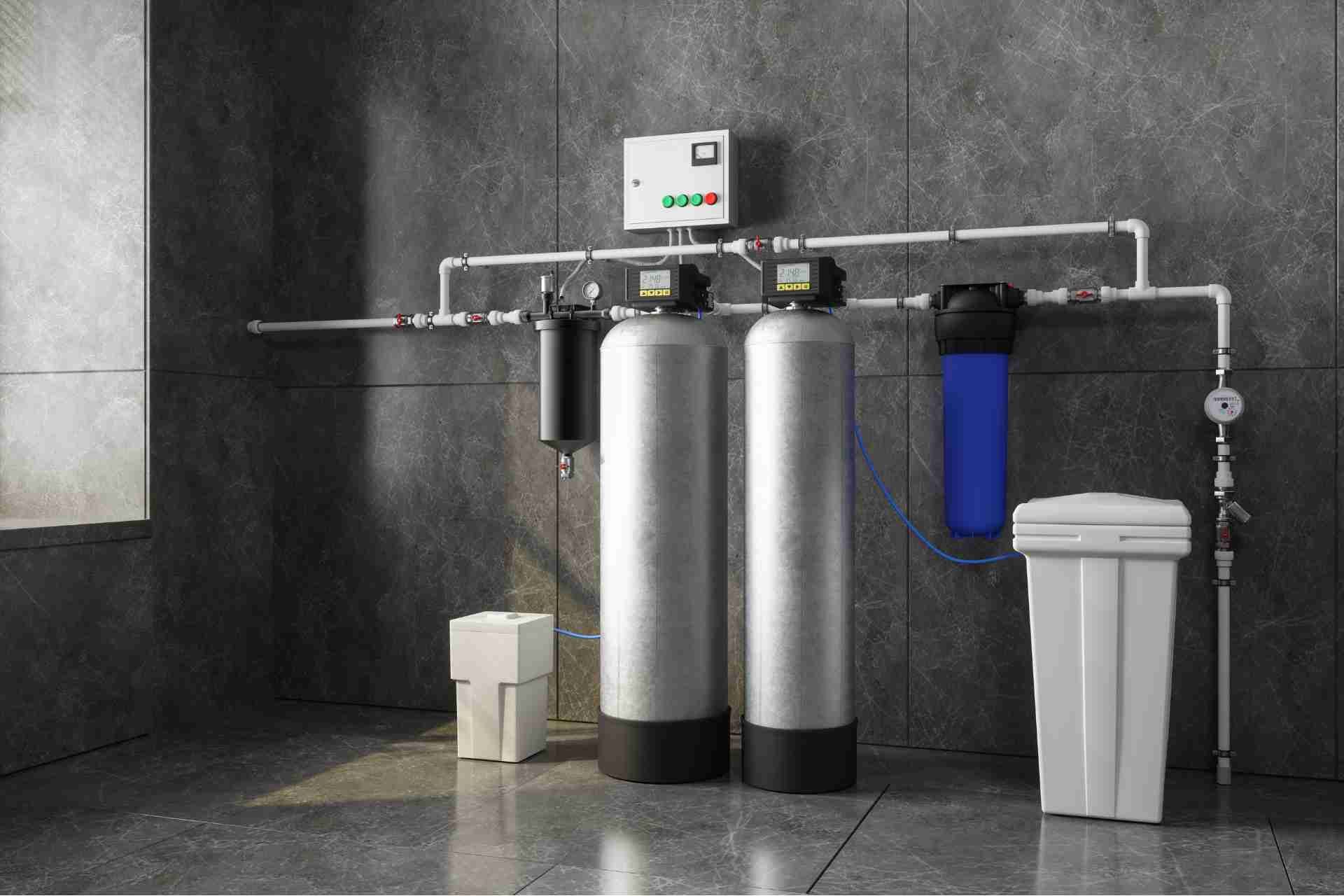
Have you ever wondered about the quality of your tap water? If you've noticed an unpleasant taste or odor, or if you live in an area with known contaminants, you might need a water filtration system. Understanding the different types available and evaluating your home's water quality can help you make an informed decision. But how do you know which system is right for you? Let's explore the factors that can guide your choice.
Understanding Water Contaminants
Water contaminants can lurk in your supply, affecting both its safety and taste. These pollutants can come from various sources, including agricultural runoff, industrial waste, and even aging infrastructure.
You might encounter harmful bacteria, heavy metals, or chemicals like chlorine and fluoride. Each of these can pose health risks, from gastrointestinal issues to long-term effects on your organs.
You often can't see, smell, or taste many of these contaminants, making them particularly insidious. Even if your water looks clear, it doesn’t guarantee it's safe.
Regular testing can help you identify any harmful substances in your supply. Understanding what’s in your water is crucial for making informed decisions about your health and the safety of your drinking water.
The Benefits of Water Filtration
Filtration systems provide a reliable solution to the hidden dangers lurking in your drinking water. By investing in a water filtration system, you can significantly improve the taste and odor of your water, making it more enjoyable to drink.
You'll also remove harmful contaminants like chlorine, lead, and bacteria, ensuring that you and your family stay healthy. Clean water is essential for cooking, cleaning, and hydration, and it can even enhance the flavor of your meals and beverages.
Plus, filtering your water reduces your reliance on bottled water, which is better for the environment. With a filtration system in place, you gain peace of mind knowing you’re providing safe, high-quality water for your household.
Different Types of Water Filtration Systems
When it comes to ensuring clean drinking water, you'll find a variety of filtration systems designed to meet different needs and preferences.
First, there's the activated carbon filter, which effectively removes chlorine and improves taste.
Then, you have reverse osmosis systems, which eliminate a wide range of contaminants, including heavy metals.
For those seeking a quick solution, faucet-mounted filters offer convenience without installation hassles.
If you prefer a more eco-friendly option, consider gravity-fed systems that don’t rely on electricity.
Lastly, UV water purifiers use ultraviolet light to kill bacteria and viruses, providing an additional layer of safety.
Each system has its strengths, so understanding your water quality and needs is essential before making a choice.
How to Choose the Right Filtration System
Choosing the right water filtration system hinges on understanding your specific needs and the quality of your water supply. Start by testing your water to identify contaminants like chlorine, lead, or bacteria.
Once you know what’s in your water, consider the types of filters available—activated carbon, reverse osmosis, or UV systems might suit different issues.
Think about your household size and water usage; larger families may need more robust systems. Also, consider installation and maintenance requirements. Do you prefer a countertop model or an under-sink unit?
Lastly, check certifications to ensure the system meets safety standards. By evaluating these factors, you'll find a filtration system that effectively meets your needs and enhances your water quality.
The Cost of Water Filtration Systems
The cost of water filtration systems can vary widely, typically ranging from $50 to several thousand dollars. Your budget plays a significant role in what options are available to you.
Basic pitcher filters or faucet-mounted units are affordable and effective for small needs. If you’re looking for more advanced solutions, like reverse osmosis systems or whole-house filtration, expect to invest more.
Keep in mind that higher prices often reflect better filtration capabilities and longer lifespans. When considering a system, weigh the upfront cost against the potential savings on bottled water and health benefits of cleaner drinking water.
It’s essential to find a balance between your budget and your specific water quality needs to make an informed decision.
Maintenance and Replacement Considerations
While it's easy to overlook, regular maintenance and timely replacements are crucial for keeping your water filtration system functioning effectively. You should check the manufacturer’s guidelines for specific maintenance schedules, as different systems may have varying requirements.
Typically, filter cartridges need replacement every six months to a year, depending on usage and water quality. Skipping these replacements can lead to reduced filtration efficiency and potential health risks.
Additionally, cleaning components like storage tanks or faucet attachments is vital to prevent buildup of contaminants. Don’t forget to inspect hoses and connections for leaks or wear.
Staying proactive about maintenance not only extends the life of your system but also ensures you’re drinking the cleanest water possible.
The Impact on Taste and Odor
When you notice an unpleasant taste or odor in your drinking water, it’s often a sign that your filtration system isn’t doing its job effectively.
These issues can stem from various contaminants, including chlorine, sediment, or even bacteria. A good filtration system significantly improves the taste and smell of your water, making it more enjoyable to drink.
You may find that filtered water tastes fresher and cleaner, encouraging you to stay hydrated. If your system isn’t addressing these aspects, it might be time for an upgrade.
Environmental Considerations
Upgrading your water filtration system not only enhances taste and odor but also brings environmental benefits. By filtering your tap water, you reduce the reliance on bottled water, which helps cut down plastic waste. Each bottle you skip means less plastic in landfills and oceans, contributing to a healthier planet.
Plus, many filtration systems use energy-efficient methods to purify water, minimizing your carbon footprint. You'll also save money in the long run by avoiding frequent purchases of bottled water.
Additionally, a good filtration system can reduce harmful contaminants, leading to cleaner water that’s safer for both you and the environment. Making this switch supports sustainability while ensuring you have access to refreshing, clean water.
Evaluating Your Home's Water Quality
How can you be sure your home's water quality meets your needs? Start by testing your water. You can purchase a home testing kit or send a sample to a lab for a thorough analysis.
Check for contaminants like lead, chlorine, and bacteria. Next, observe any unusual tastes, odors, or colors—these can signal issues.
If you rely on a private well, regular testing becomes even more crucial due to potential contamination from nearby sources. Additionally, review your local water quality reports, which often detail the levels of various substances in your supply.
Making the Decision: Is It Worth It?
Is investing in a water filtration system really worth it? To answer that, consider your health, convenience, and budget. If your water quality tests show contaminants, a filtration system can improve your drinking water's taste and safety. You’ll enjoy peace of mind knowing you’re consuming cleaner water.
Think about the long-term savings, too. While there’s an upfront cost, you might reduce bottled water expenses and potential health issues down the line.
Weigh your lifestyle needs against the options available. If you cook and drink a lot of water at home, a filtration system could be a smart investment.
Ultimately, it’s about balancing your priorities and making an informed choice that fits your life.
Conclusion
In conclusion, deciding whether you need a water filtration system boils down to your specific water quality and personal preferences. If you notice unpleasant tastes or odors, or you live in an area with contaminants, investing in a filtration system is likely worth it. Regular testing can help pinpoint issues, guiding you to the best solution. Ultimately, ensuring cleaner, safer drinking water for you and your family is a decision that can greatly enhance your daily life.
